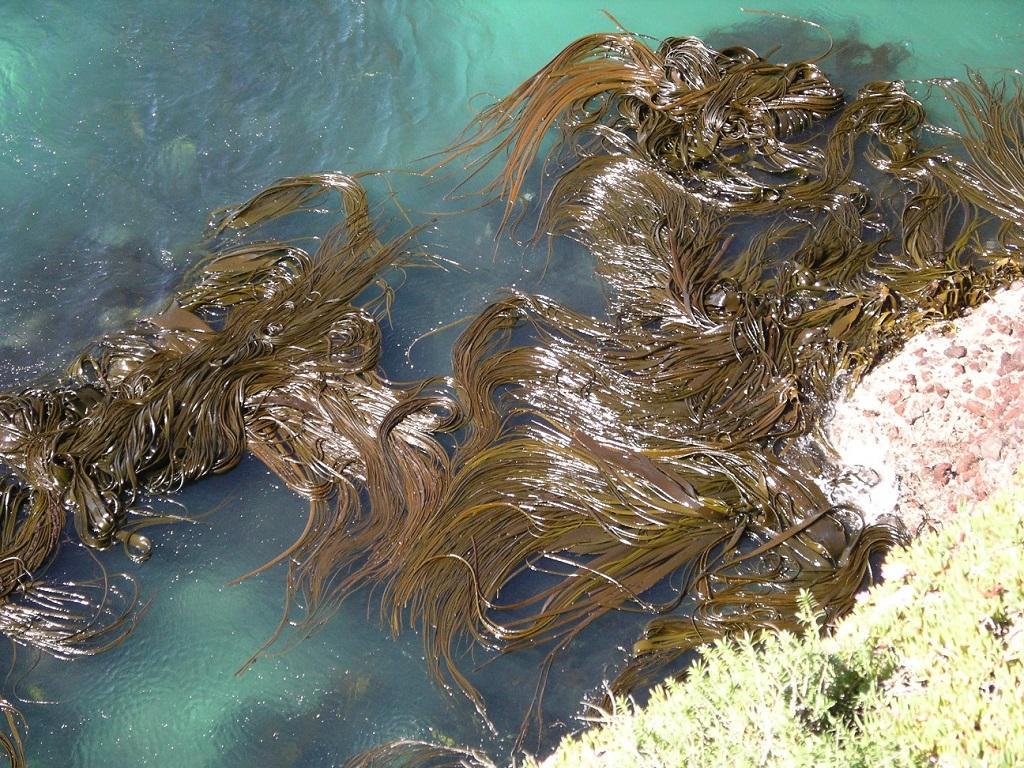

New Zealand’s iconic seaweed ecosystems provide crucial ecological, economic, and cultural benefits, but they are under threat from warming waters caused by climate change, according to a new research published on Wednesday.
A team of international scientists have investigated the effects of stressors on seaweed ecosystems which are marine heatwaves, coastal darkening, ocean warming, and ocean acidification, said Christopher Cornwall from the Victoria University of Wellington’s School of Biological Sciences, the study’s corresponding author.
Scientists say local stressors such as overfishing will likely interact with the global changes occurring, so appropriate management of the ecosystems will be critical in determining the future health of seaweeds.
Ocean warming has driven increasing frequencies, durations, and intensities of marine heatwaves both globally and in New Zealand, while ocean acidification has also increased, said the study, published in the New Zealand Journal of Botany.
Seaweed ecosystems, including kelp forests, are New Zealand’s most important undersea nurseries and habitats, as they provide food, shelter, and other ecological services to species such as paua, kina, and crayfish, as well as an array of finfish species, including moki, blue cod, and snapper, Cornwall said.
“All these species will suffer, or cease to exist in some cases, if seaweed ecosystems die,” he warned, adding that in most cases, the disruption each of these stressors could have will likely be irreversible.
Previous research by Cornwall observed similar effects from warming waters on the world’s coral reef ecosystems.
A lot of damage was already seen with mass coral bleaching events caused by marine heatwaves, he said, adding corals’ ability to persist and continue growing will be strongly influenced by ongoing warming.
“Seaweed forests may not receive as much attention globally as coral reefs, but they are just as important and just as at risk,” the scientist said, calling for better marine protection policies, including protection from overfishing beyond marine reserves and proper ecosystem-based management at the reef level.